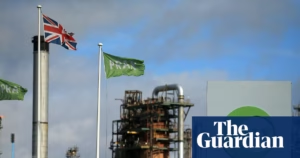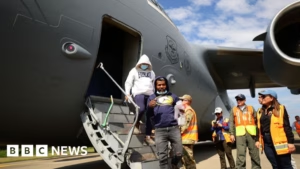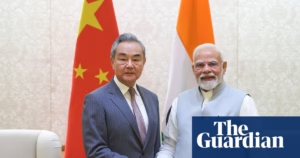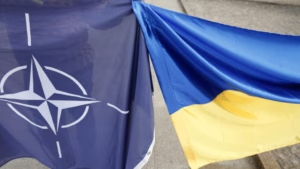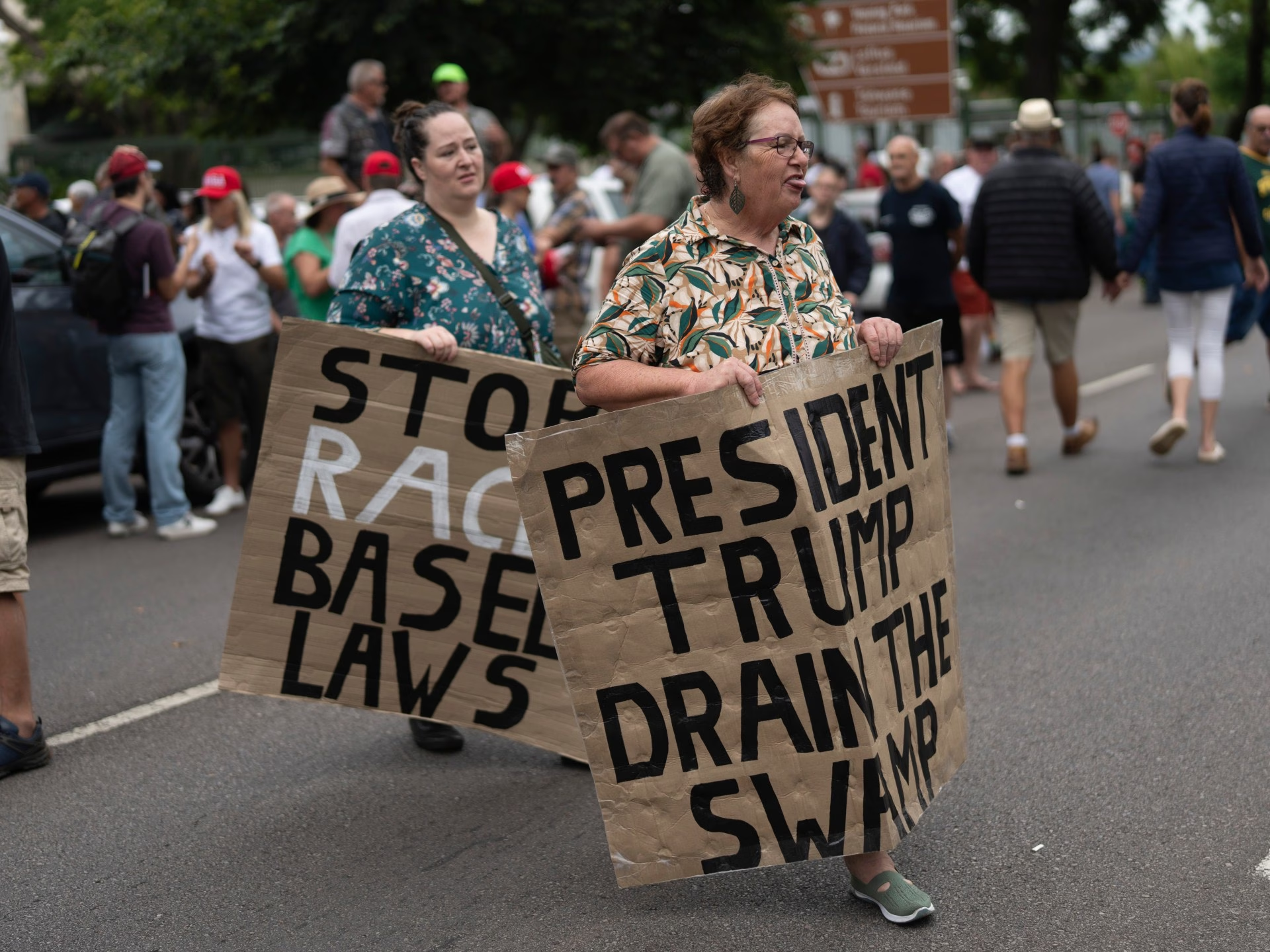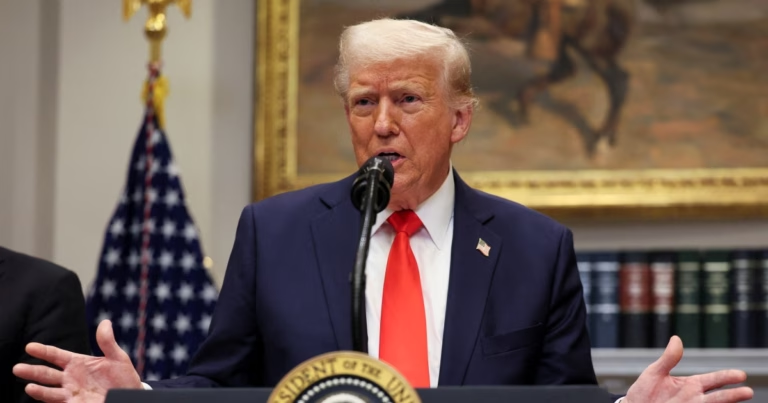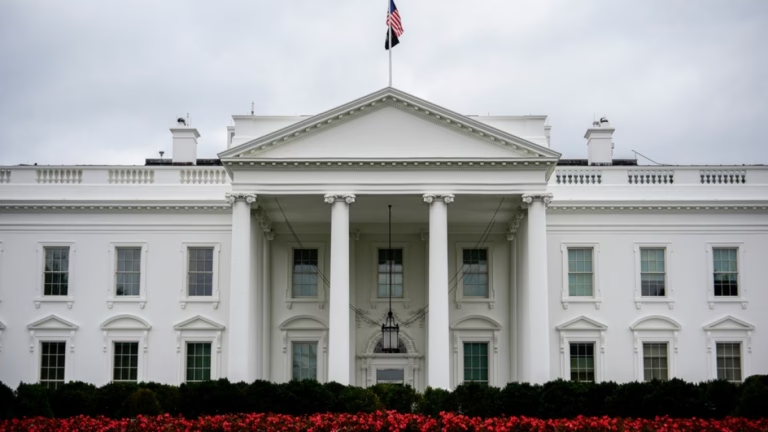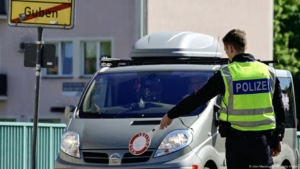A few days before, the United States had welcomed a group of 59 white South African “refugees,” as President Donald Trump claimed they face persecution and a “genocide” in South Africa due to their race. Ramaphosa’s government refutes these allegations, stating that land ownership, despite being predominantly held by whites, doesn’t equate to race-based prejudice.
The presidential offices have announced that bilateral and global issues of interest will be discussed during the visit, but no statement has yet been issued by the White House.
Marking history, Ramaphosa’s visit will be the first time Trump hosts an African leader at the White House since his inauguration. Notably, South Africa currently holds the G20 presidency and will transfer leadership to the United States in November.
Visit Agenda:
Visit Schedule
President Ramaphosa is expected to arrive on May 19 and meet with Trump at the White House on May 21.
The visit aims to “reset the strategic relationship” between South Africa and the United States. agenda will likely include discussions on the situation of white South Africans, aid cuts, and ongoing international conflicts, particularly in Ukraine and Israel-Palestine.

Discussion Topics
The Plight of White South Africans
The relationship between South Africa’s historically advantaged white population and Ramaphosa’s Black-led government is a contentious issue. Descendants of Dutch colonizers, the white Afrikaners have been the subject of concern and criticism from Trump and his South African-born ally, Elon Musk, especially following the enactment of the Expropriation Bill. This bill allows land to be seized from owners for redistribution, including land owned by whites, to historically marginalized groups.
Musk has stated that his company, Starlink, failed to launch in South Africa due to the country’s Black economic empowerment laws, claiming it’s because he “is not black.” Government officials have vehemently denied these claims, stating that the nation’s business laws aim to correct historical injustices.

Tariffs and Aid Cuts to South Africa
Upon reentering the White House, Trump implemented measures such as massive foreign aid cuts and the introduction of tariffs, both of which have adversely affected South Africa. The country faces a 30% tariff on its exports to the United States following an executive order freezing aid to nations including South Africa over alleged “unjust race-based investigations.” Additionally, South Africa faces a 55% surcharge on its exports of cars to the United States.
Ramaphosa has called these actions “punitive” and urges the lasting revocation of tariffs.

ICJ Case and Gaza Conflict
South Africa has filed a genocide case against Israel, alleging violation of the Genocide Convention during the conflicts in Gaza. The case ire has caused tension with the United States, who vehemently opposes South Africa’s stand, reflected notably in the aid suspension.
Ukraine-Russia War
Both nations are expected to discuss the ways to end the conflict in Ukraine. The United States has taken the lead in mediation talks while South Africa maintains a neutral position. The nations will examine strategies for a negotiated peace, acknowledging the sensitivity of the issue and the significant global ramifications.

Throughout the visit, leaders anticipate addressing these critical issues to bridge the divide and strengthen diplomatic ties between the United States and South Africa.
